Ever wondered how some people turn a wild idea into a booming business? South Africa is full of entrepreneurs who didn’t just dream big—they made it happen. From tech geniuses to mining moguls, these business minds didn’t just build companies; they shaped industries. And trust me, their journeys weren’t all smooth sailing. Some failed, some pivoted, but they all figured out how to make their mark.
Speaking of making an impact, if you run a site and don’t analyze what’s happening on it, you’re basically flying blind. That’s where Plerdy steps in—helping businesses track user behavior, optimize conversions, and turn curious visitors into paying customers. It’s like having X-ray vision for your website.
Now, back to our South African entrepreneurs—some started in their garages, others had nothing but an idea and determination. But one thing unites them: they knew how to hustle. Let’s dive into their stories and see what we can learn. Maybe your next big business move is just a few insights away.
The Evolution of Entrepreneurship in South Africa
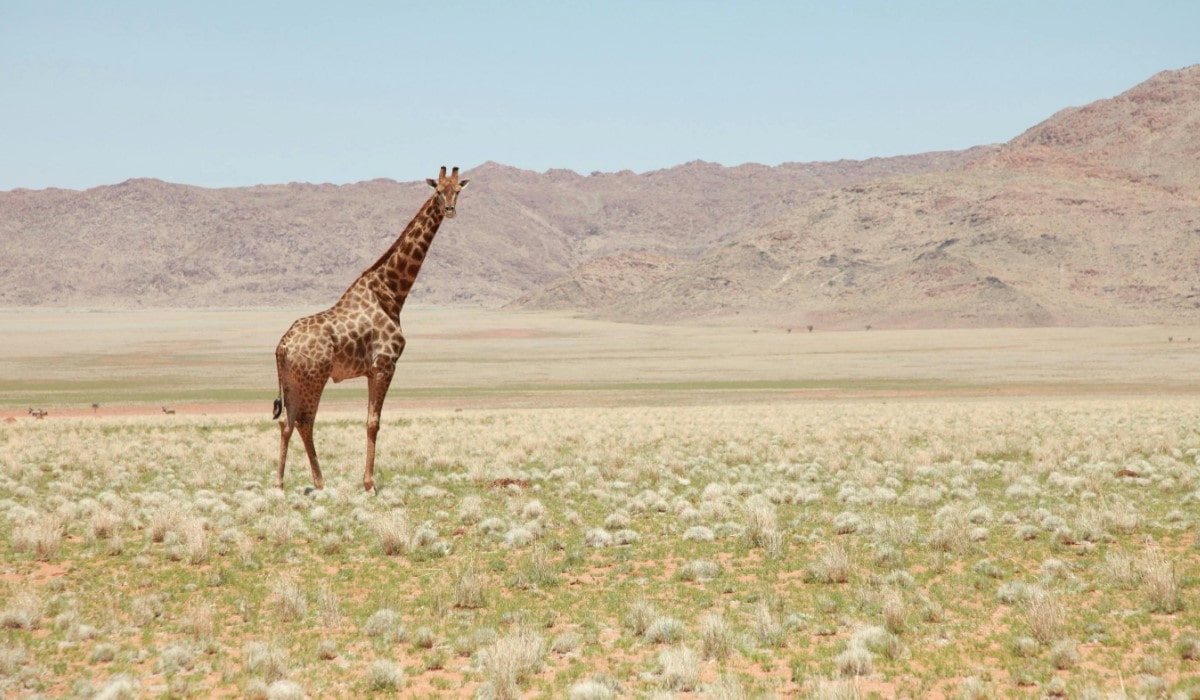
Growth & Challenges in the Entrepreneurial Landscape
Starting a business in South Africa? Well, you’re not alone. The country is buzzing with over 2 million small and medium enterprises. That’s a lot of hustle. But here’s the catch—66% of startups don’t make it past five years. Tough, right?
Funding? A nightmare. Banks act like they’re allergic to startups, and investors? They want a unicorn before you’ve even built the stable. Plus, there’s the skills gap. Many young entrepreneurs jump in without proper business know-how, and it shows. No surprise that access to finance and mentorship are the two biggest hurdles.
Yet, despite all this, the drive is real. The private sector and government are stepping up with initiatives like SEDA and NYDA grants, but it’s still a battlefield. The South African business landscape is survival of the smartest, not just the strongest.
The Role of Young & Women Entrepreneurs
If you think entrepreneurship is a man’s game, think again. Women-led businesses are making serious waves in South Africa. Just look at Aisha Pandor, who turned SweepSouth into one of the biggest gig-economy platforms in the country. Or Sibongile Sambo, who didn’t just enter aviation—she built SRS Aviation, the first black female-owned aviation company in SA.
Then there’s the youth factor. Nearly 21 million South Africans are under 35, and many of them are jumping into business instead of waiting for a job that doesn’t exist. With platforms like WeThinkCode_ training young talent for the digital economy, the future looks promising.
Still, it’s not all smooth sailing. Female entrepreneurs face twice the struggle—getting funding, being taken seriously, and breaking into male-dominated industries. But let’s be real: if they’ve come this far, there’s no stopping them now.
10 Pioneering South African Entrepreneurs
Patrice Motsepe – Transforming Mining & Investments
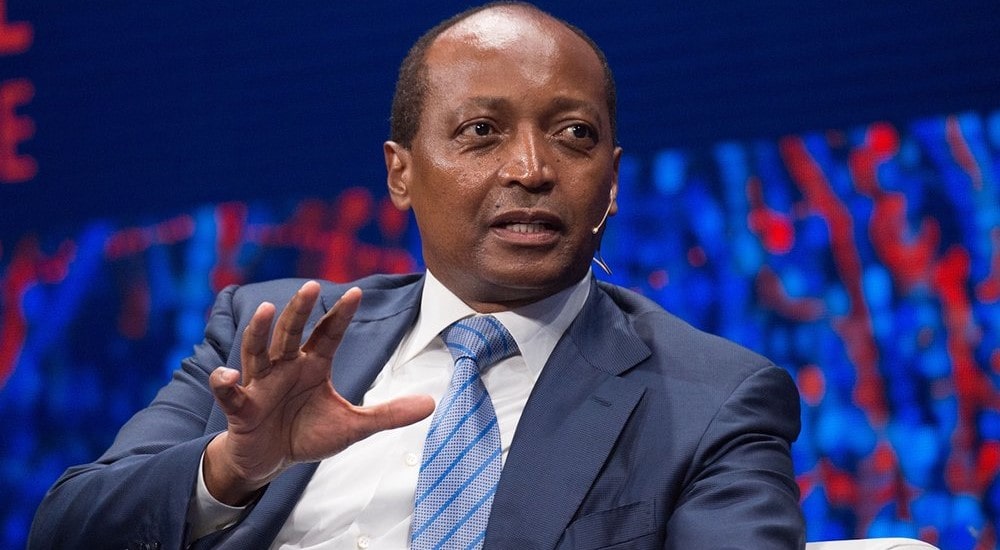
Mining? Not the most glamorous business, but Patrice Motsepe turned it into a gold mine—literally. He saw what others missed: struggling mines could be revived and turned profitable. That’s exactly what he did with African Rainbow Minerals. He bought underperforming assets, restructured them, and made serious money.
But he didn’t stop there. He jumped into finance, founding Ubuntu-Botho Investments. Then, in 2004, he pulled off one of South Africa’s biggest empowerment deals by partnering with Sanlam. Smart move.
Philanthropy? He’s got that covered too. Motsepe was the first African to sign the Bill Gates & Warren Buffett Giving Pledge, promising to give away half his wealth. No small feat when you’re worth over $3 billion.
What’s the takeaway? Spot the gaps, take calculated risks, and reinvest in the right places.
Vusi Thembekwayo – Motivating Africa’s Business Leaders
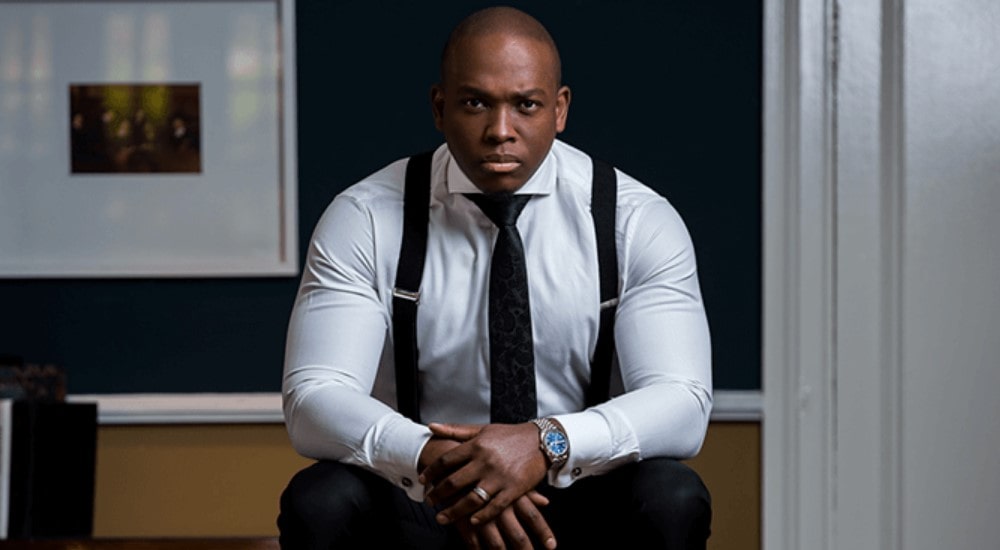
Some people talk about business. Vusi Thembekwayo lives it. By 25, he was running a division worth R400 million. Before 30, he had built South Africa’s only black-owned forensic marketing agency. Now? He’s leading MyGrowthFund, mentoring the next wave of African entrepreneurs.
His style? No-nonsense. If you’ve ever watched him speak, you know he doesn’t sugarcoat things. He pushes business owners to stop making excuses and start scaling their businesses. His book? A best-seller. His global talks? Packed. He’s even worked with Fortune 500 companies.
Here’s the kicker: He was the youngest South African entrepreneur to grace the cover of Entrepreneur Magazine. That’s not luck—that’s skill. If you need motivation, Vusi is your guy.
Ryan Bacher – Building South Africa’s Largest Online Gift Store
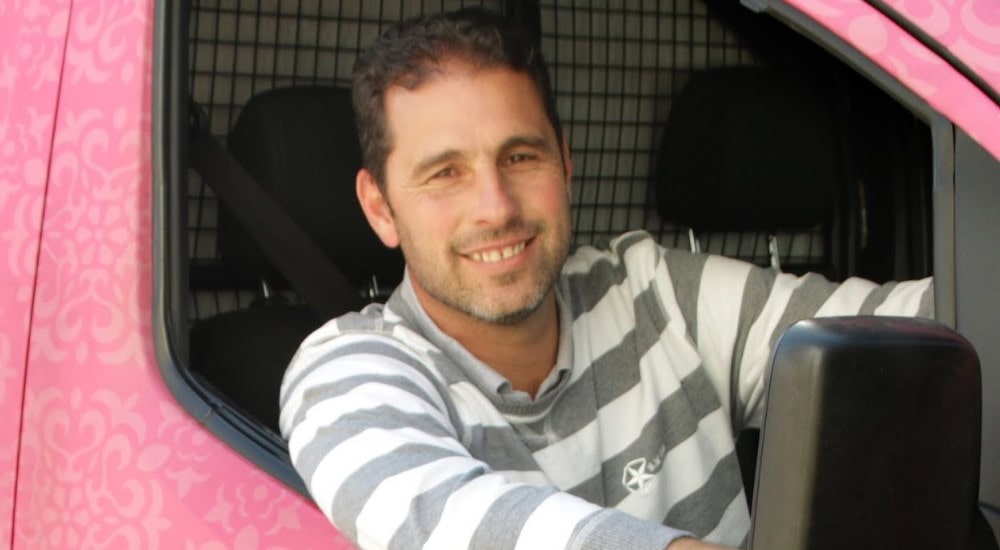
South Africa’s e-commerce world is full of surprises, and Ryan Bacher is proof that sometimes the best business ideas happen by accident. NetFlorist, now the biggest online flower and gift retailer in the south of Africa, wasn’t supposed to exist. It was just a one-day experiment to show that an e-commerce store could work. But when the orders started rolling in faster than expected, shutting it down wasn’t an option.
This small test turned into a massive business. Today, NetFlorist dominates South Africa’s online gifting industry, delivering flowers, chocolates, personalized gifts, and even luxury items. Same-day delivery? No problem. Whether it’s last-minute anniversary panic or a forgotten birthday, Bacher’s business model makes sure gifts arrive on time.
The lesson? South African entrepreneurs need to stay flexible. A small test can turn into something big—if you move fast and adapt. The e-commerce industry in Africa is booming, and those who take smart risks will win the game.
Sibongile Sambo – Breaking Barriers in Aviation
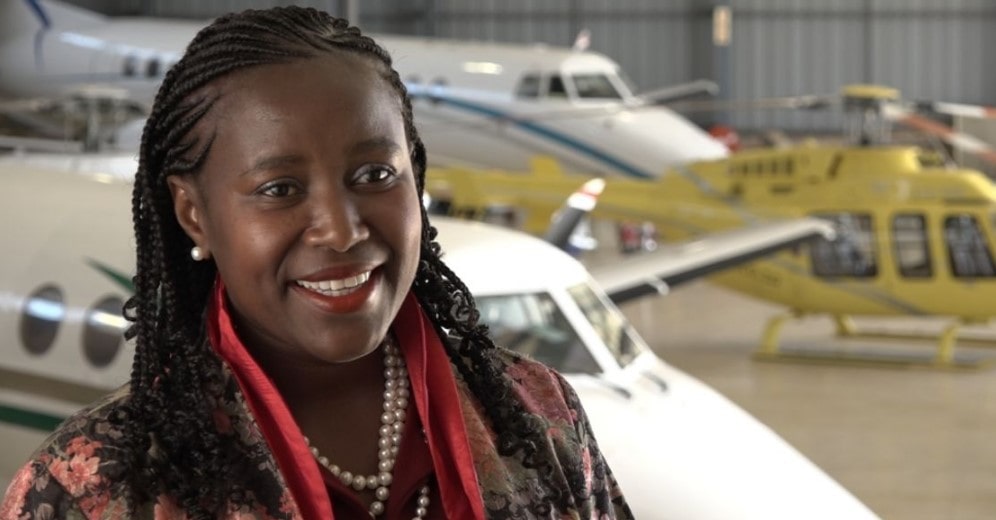
South Africa’s business world is full of obstacles, but real entrepreneurs don’t stop at the first “no.” Sibongile Sambo wanted to work in aviation, but when she applied for a flight attendant job, she was rejected for not meeting the height requirement. Instead of giving up, she built her own path—by starting SRS Aviation, the first black female-owned aviation company in South Africa.
She didn’t have experience or funding. So what did she do? Sold her car, borrowed money from family, and worked her way through regulations to secure an Air Operating Certificate. Now, her company provides private charters, cargo transport, and tourism flights across Africa.
But Sibongile isn’t just a business owner. She’s an advocate for women in aviation, creating opportunities for future female entrepreneurs in South Africa’s male-dominated industry. Her journey proves one thing: when a door closes, build your own runway.
Arlene Mulder – Empowering South African Entrepreneurs Through Coding

The digital world is growing fast, but South Africa still faces a gap in skilled software developers. Arlene Mulder, an entrepreneur with a vision, decided to change that. She co-founded WeThinkCode_, a non-profit coding academy that helps young South African entrepreneurs break into the tech industry. No tuition fees, no privileged access—just skills, mentorship, and job opportunities.
Her business model focuses on giving African students hands-on training, ensuring they’re ready to work in major tech companies. More than 1,000 students have already secured jobs, and the program boasts an incredible 91% employment rate after graduation. By partnering with leading businesses, WeThinkCode_ is shaping the future of Africa’s digital economy.
Mulder’s work hasn’t gone unnoticed. She received the Forbes Woman Africa Technology & Innovation Award and continues pushing for education that creates real business opportunities. In a rapidly evolving world, she’s proving that digital skills are key to South Africa’s success.
Mahlatse Mamaila – Transforming Business with Renewable Energy
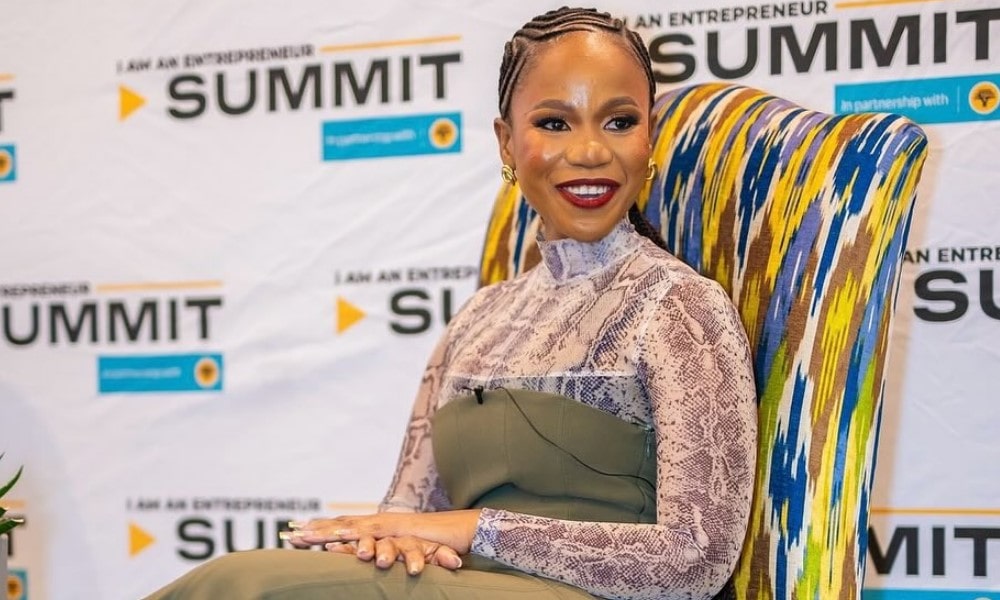
South African entrepreneurs are finding innovative ways to solve big problems, and Mahlatse Mamaila is leading the charge in renewable energy. She founded Ino Biodiesel, a South African business that converts waste cooking oil into clean, sustainable fuel.
Her business isn’t just about profits—it’s about making an impact. Ino Biodiesel produces 40,000 liters of biodiesel per month, supplying fuel to South Africa’s construction and mining industries. By cutting emissions and providing an affordable alternative to traditional fuels, Mamaila’s company is helping businesses lower costs while being more eco-friendly.
But her vision goes beyond fuel. She works with women in agriculture, teaching them how to grow crops for oil production. This strengthens the supply chain and gives more people in South Africa a way to enter the business world.
Mamaila proves that entrepreneurship isn’t just about money—it’s about change. South African entrepreneurs like her are showing that sustainability and business success can go hand in hand.
Aisha Pandor – Revolutionizing South African Business with Tech
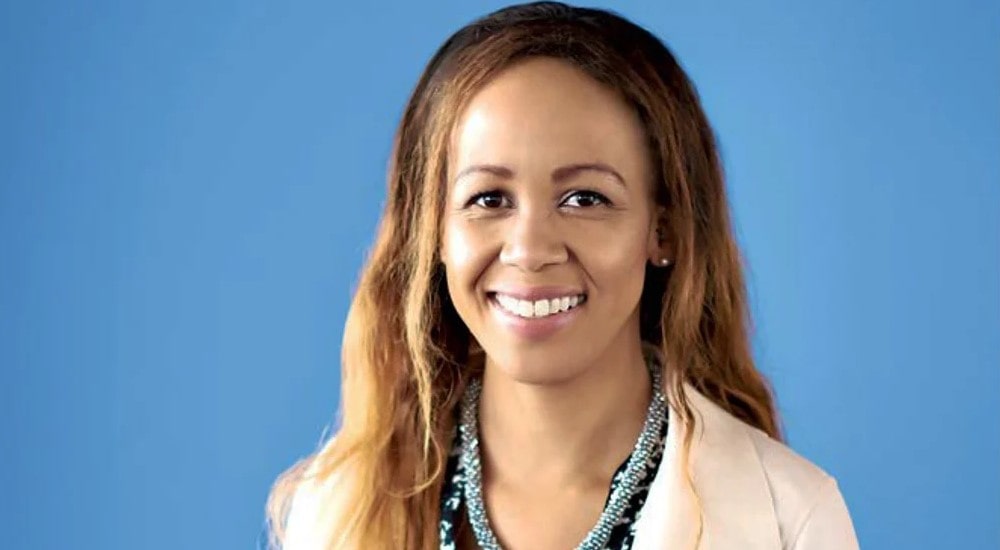
Running a business is hard, but Aisha Pandor saw a gap in the South African market that needed fixing. She co-founded SweepSouth, a platform that connects homeowners with domestic workers, making home services as easy as ordering food. In a country where underemployment is a major issue, her business model not only made life easier for customers but also created thousands of jobs.
Her impact didn’t stop there. SweepSouth became the first South African startup to join Silicon Valley’s ‘500 Startups’ accelerator, proving that African entrepreneurs can build globally recognized brands. With an investment of R30 million from Naspers Foundry, her company expanded rapidly, helping more workers find stable employment and giving customers a hassle-free experience.
Pandor’s story is more than just a success story—it’s proof that entrepreneurs in South Africa can take on challenges and turn them into thriving businesses.
Theo Baloyi – Transforming Business and Culture with Bathu
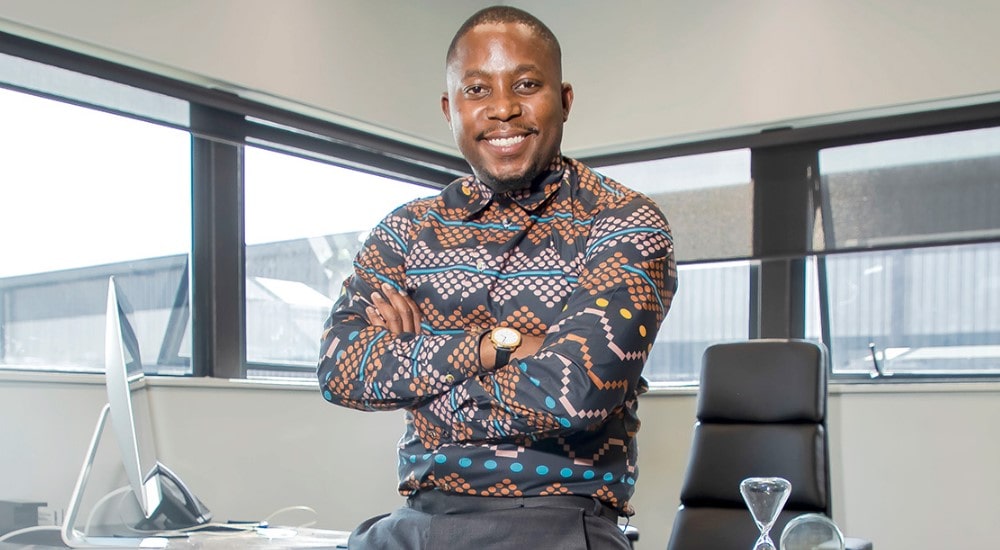
Sneakers are everywhere, but before Theo Baloyi, there wasn’t a South African sneaker brand that truly represented the culture. Seeing the gap in the market, he launched Bathu, a homegrown business that celebrates African identity while delivering high-quality, affordable footwear.
His journey wasn’t easy. Competing with global giants in the sneaker world is tough, but his business model focused on authenticity and community. From one small store, Bathu grew into multiple locations across South Africa, proving that local brands can thrive even in competitive industries.
Today, Baloyi is not just an entrepreneur—he’s an inspiration. His story shows that great business ideas don’t have to come from overseas. South Africa has its own success stories, and Baloyi’s sneakers are walking proof of that.
Carmen Stevens – Breaking Barriers in South Africa’s Wine Business

Being an entrepreneur in South Africa is never easy, but for Carmen Stevens, it was a battle from day one. She became the first Black woman in the country to own a wine brand, fighting through an industry that wasn’t built for people like her. Getting funding? A nightmare. Finding support? Almost impossible. But that didn’t stop her.
She launched Carmen Stevens Wines, a premium label now exported to the US and UK, proving that South African wines belong on the world stage. Today, she isn’t just running a business; she’s inspiring a new generation of entrepreneurs from disadvantaged backgrounds, showing them that breaking into high-end markets isn’t a dream—it’s a goal worth chasing.
George Sombonos – Reinventing Fast Food in South Africa
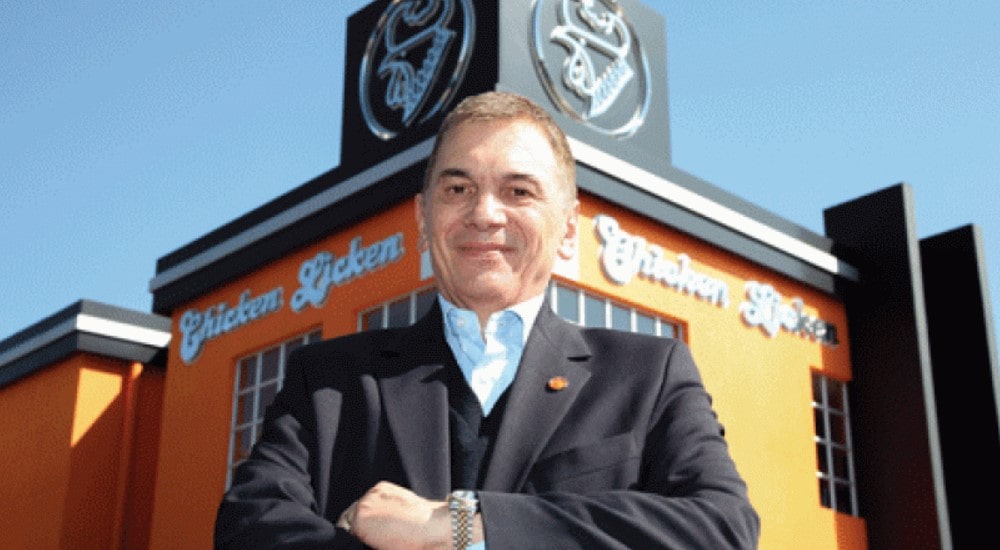
Some entrepreneurs start from scratch. Others take what exists and turn it into something legendary. That’s exactly what George Sombonos did with Chicken Licken. He took his father’s small roadhouse business and turned it into one of South Africa’s biggest fast-food franchises.
His secret? A spice recipe he bought in the US that changed everything. Sales skyrocketed. The brand expanded to over 240 stores, pulling in R1.3 billion in revenue. More than just selling chicken, Sombonos introduced the idea that South African fast food could compete with global giants. His story proves that sometimes, the right mix of risk and the right recipe can build an empire.
Key Lessons from South Africa’s Top Entrepreneurs
Persistence & Adaptability in Business
Every entrepreneur in South Africa knows—business is not a smooth ride. Patrice Motsepe built his mining empire despite massive industry roadblocks, proving that persistence is everything. Sibongile Sambo was rejected for a flight attendant job but didn’t quit—she launched SRS Aviation, the first Black female-owned aviation business in the country.
Then there’s Aisha Pandor, who saw a gap in South Africa’s domestic services industry. She turned frustration into SweepSouth, a digital platform that connected thousands of workers with jobs. The lesson? The business world is tough, but those who adapt don’t just survive—they thrive.
The Power of Investing in People & Community
A real entrepreneur knows: success isn’t just about making money. It’s about lifting others. Vusi Thembekwayo, a global speaker and investor, doesn’t just build businesses—he mentors young entrepreneurs through MyGrowthFund.
Arlene Mulder, co-founder of WeThinkCode_, realized that South Africa had a tech skills gap. So she created a business model that provides free coding education, opening doors for underprivileged students. Strong businesses don’t just grow profits—they grow communities.
Innovation as a Key to Market Disruption
Mahlatse Mamaila didn’t wait for South Africa’s energy crisis to get worse—he acted. Seeing the need for sustainable solutions, he launched Ino Biodiesel, turning waste into fuel.
Theo Baloyi noticed that South African footwear brands lacked identity. So he created Bathu, a sneaker brand that blends culture and modern style. His business took off, expanding from one store to dozens across South Africa. The takeaway? Spot the gap. Solve the problem. That’s how you disrupt a market.
Conclusion
Building a business in South Africa is no easy ride, but the country is full of entrepreneurs who prove that big success starts with bold moves. From mining moguls to tech disruptors, these innovators didn’t just build companies—they changed entire industries. Some fought against financial barriers, others turned local challenges into global opportunities.
The takeaway? Success in business isn’t just about a great idea. It’s about taking risks, adapting fast, and investing in people. Just ask Theo Baloyi—his sneaker brand, Bathu, started small but now dominates the market. Or Aisha Pandor, who saw the potential in the home services industry and built SweepSouth into a game-changer.
So, if you dream of launching your own business, learn from these South African entrepreneurs. Spot the gaps. Take the risks. And most importantly—keep going, even when it’s tough. That’s how real impact happens.
